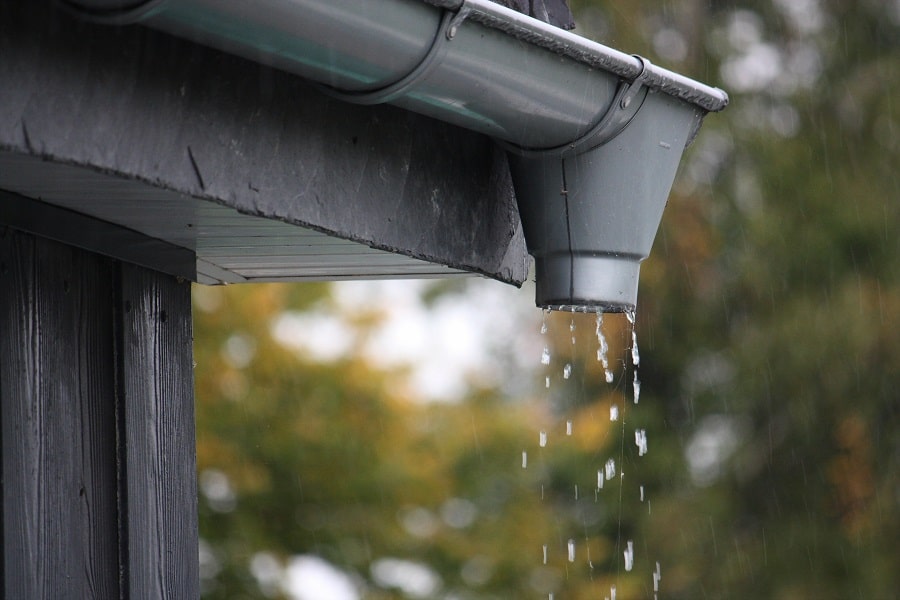If you’re like most people, your basement is one of the essential rooms in your home. It’s a great place to store all of your belongings, and it’s also perfect for hosting gatherings or watching movies with friends and family. But unfortunately, these areas are highly susceptible to water damage which means you could face some serious problems down the road. To prevent this, this article will discuss some tips for waterproofing your basement so that you can rest easy knowing it is protected!
Why Are Basements So Susceptible To Water Damage?

Basements are the most prone areas in a home to water damage simply due to their below-ground location. Heavy rain and rapid snow melt can lead to groundwater pooling around the foundation of a property, saturating the soil and leading to pressure buildup against basement walls. Without proper drainage, this pressure can rise high enough to cause water seepage through cracks or other weak points in walls and foundations, resulting in basement flooding.
On top of that, basements are typically the area where most of the water supply pipes, plumbing drains, and water heaters are. This means that the risk of water damage is even greater if these systems are not adequately maintained and regularly inspected since any minor leaks can be challenging to spot and can quickly lead to a full-blown plumbing disaster.
Tips For Waterproofing Your Basement
Rather than waiting for something to happen and trying to be prepared for it once it does, taking steps to waterproof your basement now can help you prevent water damage before it even begins. Here are just a few tips that you can use to keep your basement protected:
Install A Sump Pump
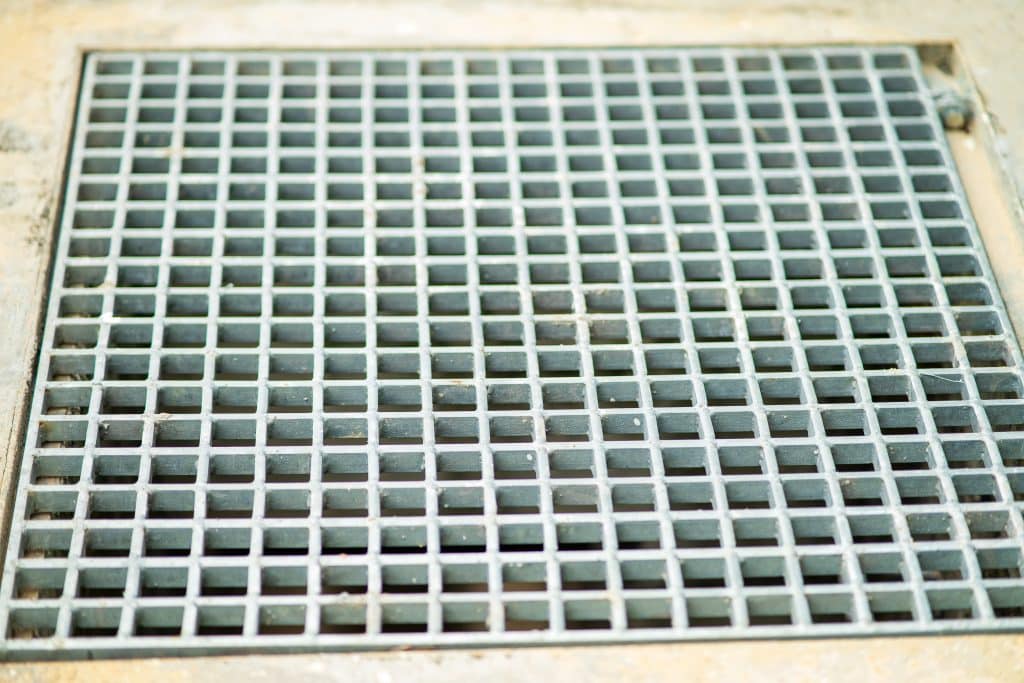
Installing a sump pump in your basement is an effective way to protect your home from water damage. Flooding can occur when shallow foundations are combined with heavy rains, leading to expensive repairs and significant safety issues. A sump pump helps remove any standing water quickly and efficiently, preventing the water from seeping into your walls, floors, and foundation.
In addition, many models include alarms alerting you of any potential blockages or malfunctions before they cause widespread damage. Installing a sump pump may seem like a difficult task, but following the manufacturer’s instructions and anticipating potential risks, it can become an integral step toward protecting your home from water-related problems.
Build A French Drain Outside
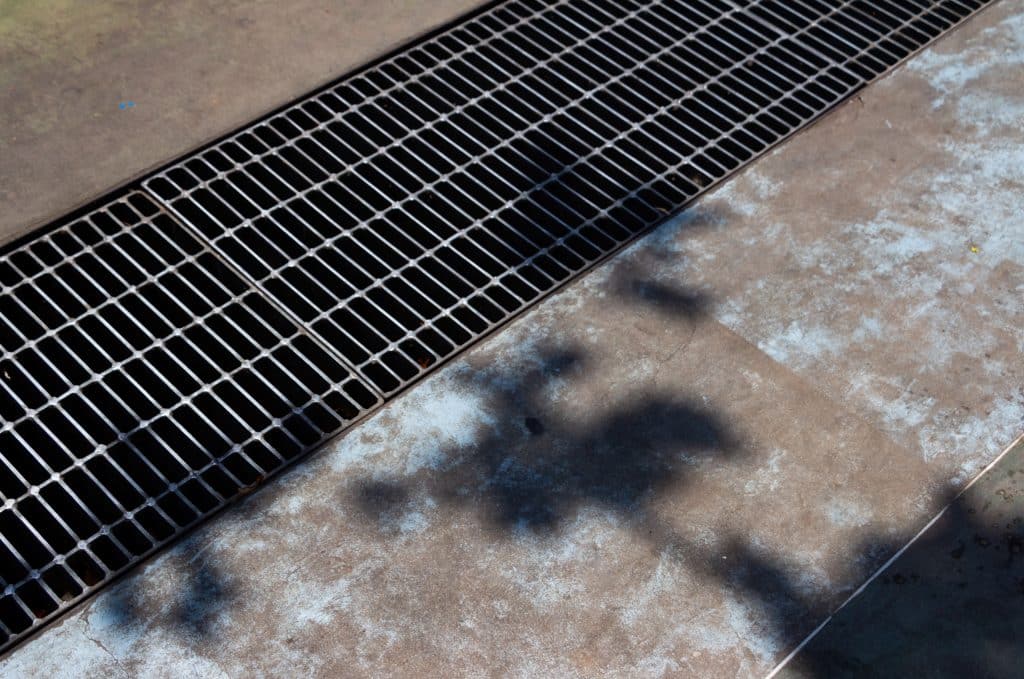
Having a waterproof basement is essential to any house, but the wet ground around your property can sometimes make that difficult. A french drain is one common solution that can help prevent water from entering your basement in the first place. It consists of digging trenches around the basement perimeter and filling them with gravel and a pipe that directs any collected water safely away from the house.
Although you can install these yourself, it is strongly recommended to seek professional help due to the specialized landscape grading and the installation of the pipe itself, which require specific techniques if done correctly. But either way, building a french drain around your basement is an effective method for fighting leaks and assuring you will have a dry and safe space.
Install Window Well Covers
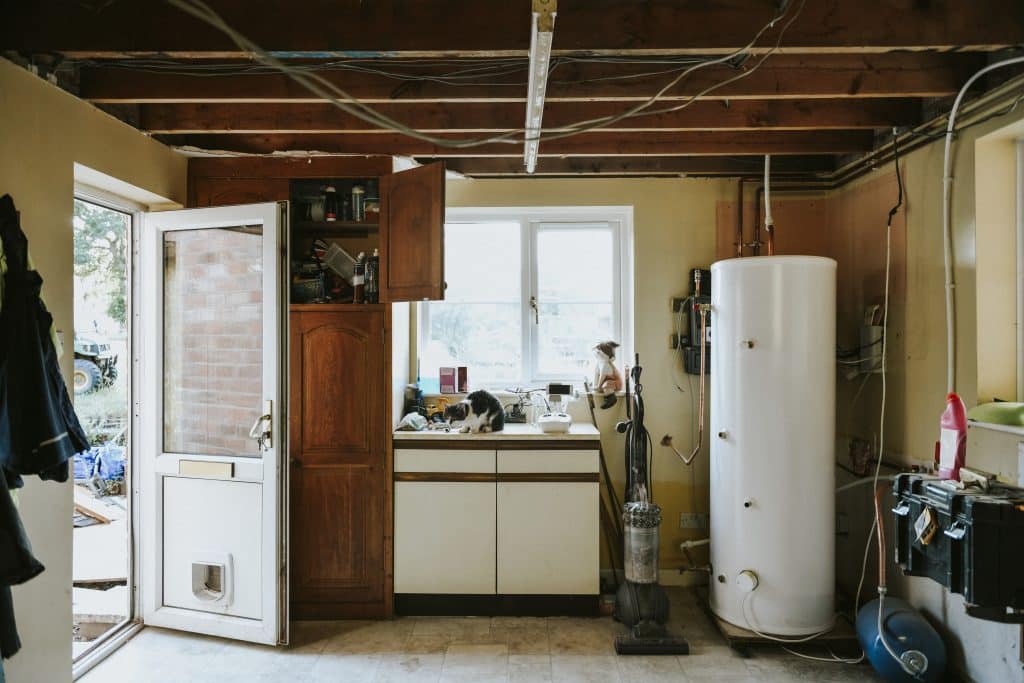
Another great way to improve the waterproofing of your basement is to install window well covers. They can completely seal the window wells, preventing water from seeping in and damaging your foundation or basement walls. Aside from keeping water out, properly-installed window well covers can also save you energy by reducing heat transfer in and out of the home, leading to lower utility costs.
This simple protective measure prevents costly repairs in the future, saving you time and money. And the best part is it is something you can easily do yourself in a few hours. All you have to do is measure the window wells, purchase a cover that fits them well, and use some basic tools to assemble them easily.
Use A Waterproof Foundation Coating
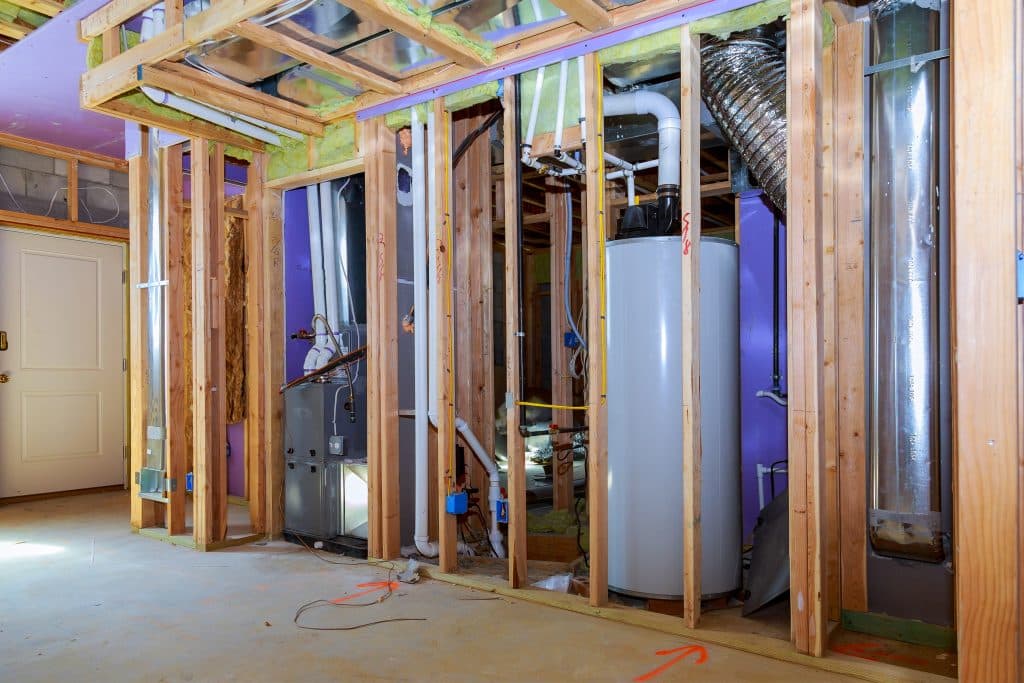
Arguably one of the most reliable methods to keep moisture out is using a waterproof foundation coating that can be directly applied to the foundation walls. This coating is highly durable and protects against water seeping through the foundation walls, helping keep your basement safe and dry.
Additionally, this method does not require invasive repairs or demolition, making it a cost-effective solution for basement waterproofing. From protecting furniture to preventing mold and mildew growth, there are plenty of advantages to waterproofing your basement with a quality foundation coating.
Damp-Proof Seal Your Foundation
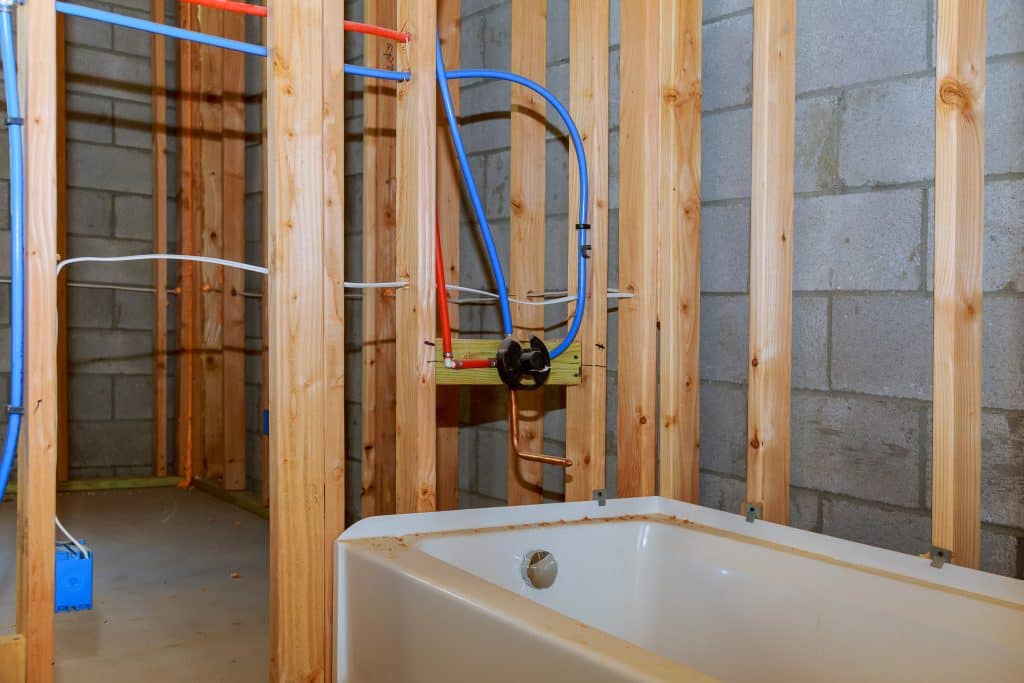
Securing a damp-proof seal to your home’s foundation can go a long way to keeping water out. For those with older homes, installing the seal can be especially helpful in preventing water intrusion. However, before installing the seal, it’s best to have an experienced contractor inspect the foundation and surrounding areas for potential weak points, such as cracks or other openings where moisture can get in.
If any issues are identified, applying the appropriate repairs and a damp-proof seal will ensure that your basement stays dry and free from potentially damaging water damage. While it may not be the cheapest option on this list, it can save you a lot of time and money in the long run by preventing extensive water damage before it starts.
Inspect And Maintain Water Pipes

Although many people might see it as an afterthought, inspecting and maintaining your water pipes is one of the key components to keeping your basement safe from water damage. Proper inspections can help identify any problems with the plumbing that could lead to leaks so you can address them right away. As part of routine maintenance, you should inspect all other surfaces in the pathway of incoming and outgoing water, such as faucets, drains, valves, and tanks.
Lastly, repairing any loose or damaged caulking or sealant can greatly help keep leaks away from your basement walls and floors. Simple steps like these for regular inspections and maintenance throughout the year can help protect your basement from costly water damage down the road.
Regularly Clean Your Gutters

This last tip may come as a surprise, but keeping your gutters clean and well-maintained is crucial to ensuring that water is properly channeled away from your home, keeping it away from the foundation, which includes avoiding excess debris buildup. This can cause blockages and pooling around your home’s foundation or basement walls.
To ensure that your gutters are doing their job, regularly clean them out and check for any signs of damage or leaks, which can help prevent future water damage to your basement, such as stains on walls and ceilings or mold growth caused by excess moisture. And with regular maintenance like this, you can feel confident that your home will stay dry and protected from water seepage.
Follow These Tips For Waterproofing Your Basement!
Although the threat of water damage and flooding may not be as high in some areas as it is in others, waterproofing your basement is still an essential part of protecting your home. Whether you decide to implement some of these methods yourself or hire a professional to come and help, taking action now can help maintain the integrity of your basement and prevent costly water damage in the future. So don’t wait until it is too late! Because at the end of the day, it is always better to be proactive than reactive when protecting your home!

